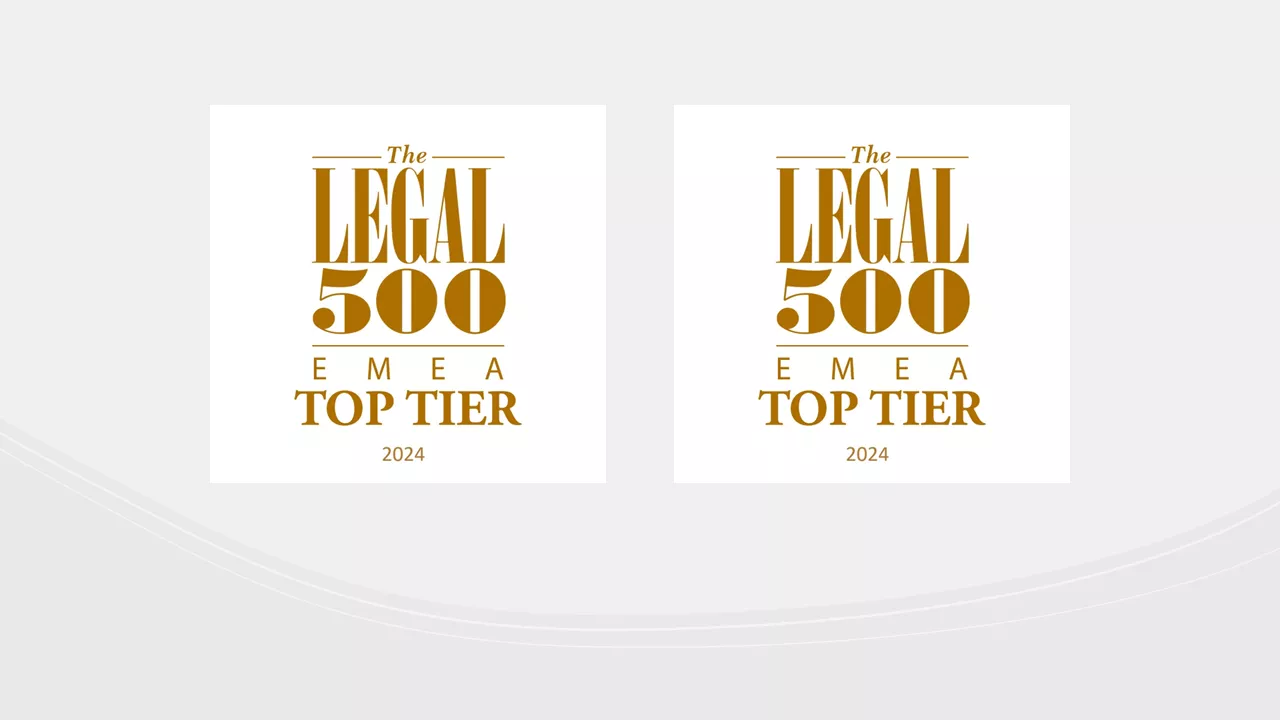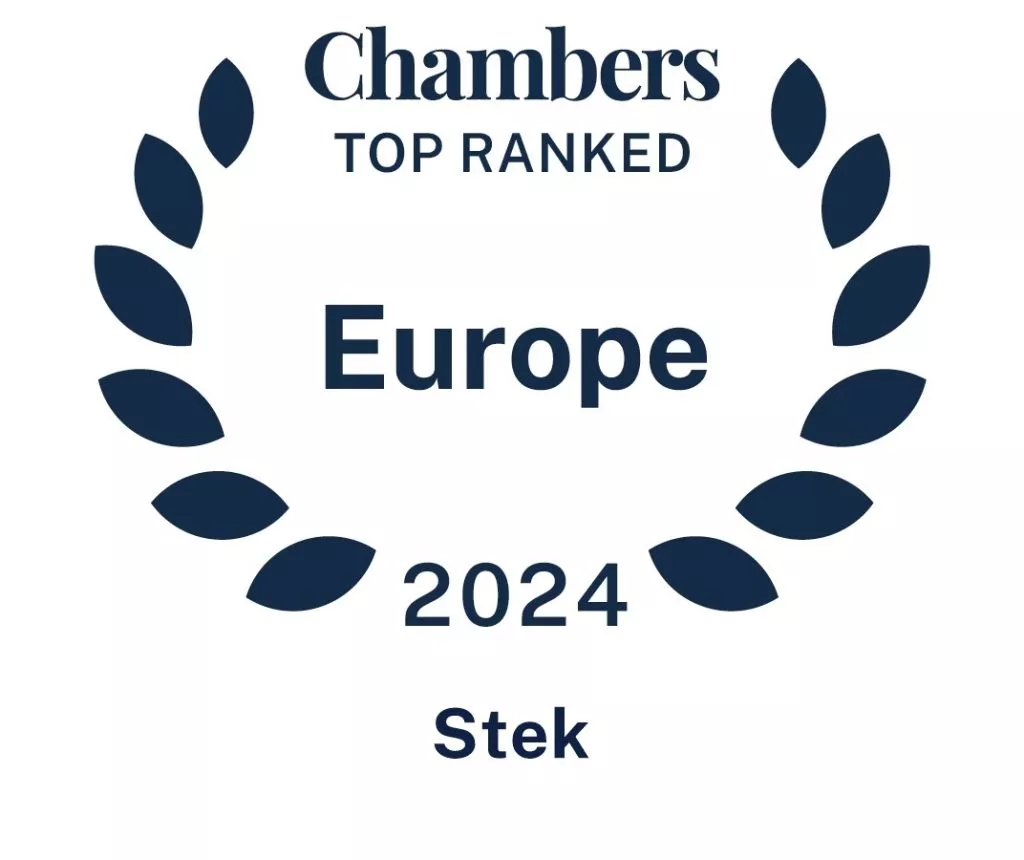On 12 May 2021, the Amsterdam District Court (the Court) rendered an important judgment in the follow-on damages proceedings initiated by the first batch of claimants against several truck manufacturers. The judgment deals with the following two issues: (i) the scope of the Commission’s Decision (the Decision) and (ii) the defendants’ far-reaching argument that it is impossible that the claimants have suffered any damages as a result of the cartel infringement.
The scope of the Decision
The truck manufacturers raised several arguments in relation to the scope of the Decision. Firstly, they argued that the scope of the Decision is limited to the information exchange of gross list prices of trucks that did not have any (anticompetitive) effects on the market. The Court rejected this argument and found that it follows from the operative part of the Decision, especially the use of the term ‘collusion’, that the Commission considered that the conduct of the truck manufacturers went beyond simply sharing innocent information about gross list prices. The truck manufacturers further argued that, for the assessment of damages caused by the infringement, the Court cannot take into account the additional factual conduct that follows from, inter alia, the Scania Decision. The Court also rejected this argument and found that, although it is bound by the Commission’s findings with regard to the infringement, the Court is not bound by the very brief description of the concrete factual conduct contained in the Decision itself. According to the Court, the factual conduct that follows from the Scania Decision may be taken into account as it concerns a further substantiation of the infringement and does not qualify as new statements (that were no longer allowed at this stage of the proceedings). Finally, the Court rejected the truck manufacturers’ attempt to question the correctness of certain factual considerations contained in the body of the Decision. In this respect, the Court ruled that the truck manufacturers cannot admit certain facts to the Commission in the context of the settlement proceedings and subsequently refute the same facts in the context of the civil court proceedings.
Further, with regard to the material scope of the Decision, the Court ruled that new trucks procured by companies in the EEA fall within the scope of the Decision. With regard to the geographical scope of the Decision, the Court ruled that there can be no breach of Article 101 TFEU for the period that a nation was not yet a member of the EU and was not part of the EEA. In other words, for a successful claim on the basis of Article 101 TFEU, the trucks must have been purchased/leased/etc. within the EU/EEA. The Court did not yet render a decision as to the temporal scope of the Decision (i.e. the lagging period), but will deal with this issue at a later stage of the proceedings.
Possibility of damages
The second important part of the judgment relates to the truck manufacturers’ primary and far-reaching argument that the information exchange did not have a price effect whatsoever and, therefore, it is impossible that the claimants have suffered any damages as a result of the infringement. Interestingly, the Court decided to deal with this question at this stage of the proceedings. After all, if it can be established that it is without doubt that the claimants have not suffered damages as a result of the infringement, there is no need for a further substantive assessment of the case. The claimants argued, with reference to several expert opinions, that it is likely that the mere fact that gross lists prices were agreed, coordinated or shared has resulted in higher (end) prices. The Court ruled in favour of the claimants and found that it is not impossible that the information exchange did have an upward price effect. Therefore, the court rejected the defendants’ primary argument in this respect. The Court did not yet render a decision as to the defendants’ alternative argument, i.e. that the claimants did not meet the burden of proof as they failed to sufficiently substantiate that they suffered damages as a result of the infringement. The Court will deal with this issue at a later stage of the proceedings.
What’s next?
The Court set the date for the next case management hearing in the first batch proceedings on 27 May 2021. In addition, we expect the Court to also proceed with the second and third batch proceedings. Stek represents one of the claimants in the third batch proceedings.
Questions? Get in touch with Tanja Schasfoort or any other member of our Competition Litigation team.



